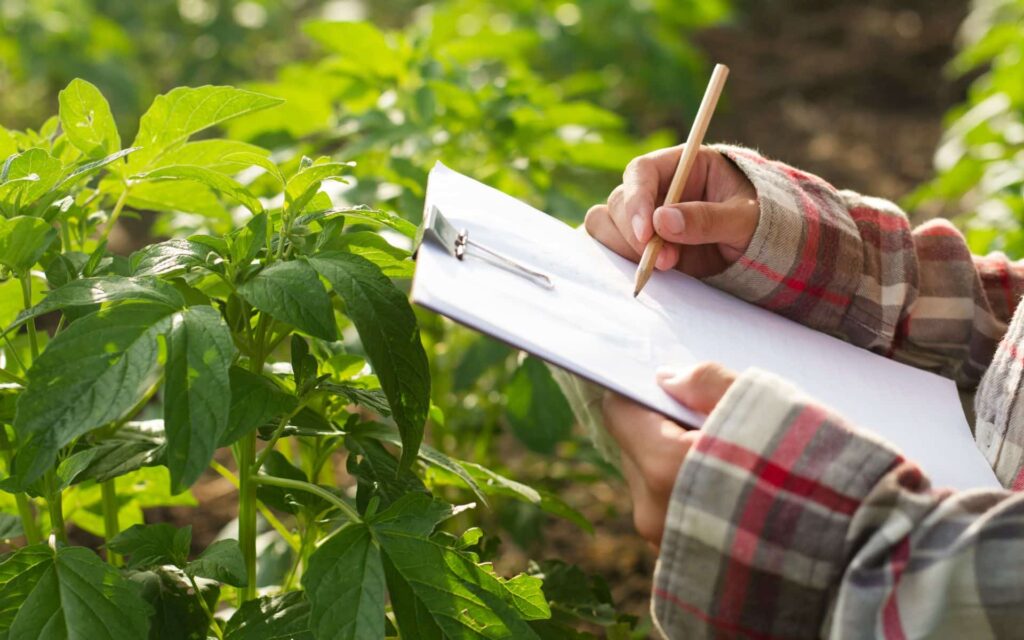The article discusses how climate change is impacting global agriculture by increasing temperatures and altering the viability of traditional crops. Researchers are exploring these changes, highlighting both challenges and opportunities for innovation in farming.
Predicted temperature increases of 2 °C to 4 °C threaten traditional staples like wheat and strawberries in specific regions, while new zones for crops like soybeans, chickpeas, citrus, okra, and sunflowers emerge in the UK. These crops can enhance sustainability by improving soil health and reducing chemical fertilizer use.
However, introducing new crops involves challenges such as insufficient infrastructure, economic risks from transitioning, and potential ecological disruptions. For traditional crops, rising temperatures may lead to significant reductions in productivity.
Adaptation strategies like developing heat-resistant crop varieties, implementing innovative agricultural systems, and improving supply chains are essential for resilience. Overall, navigating these changes requires collaboration among farmers, researchers, and policymakers to ensure food security and environmental health in a changing climate.
Source link


